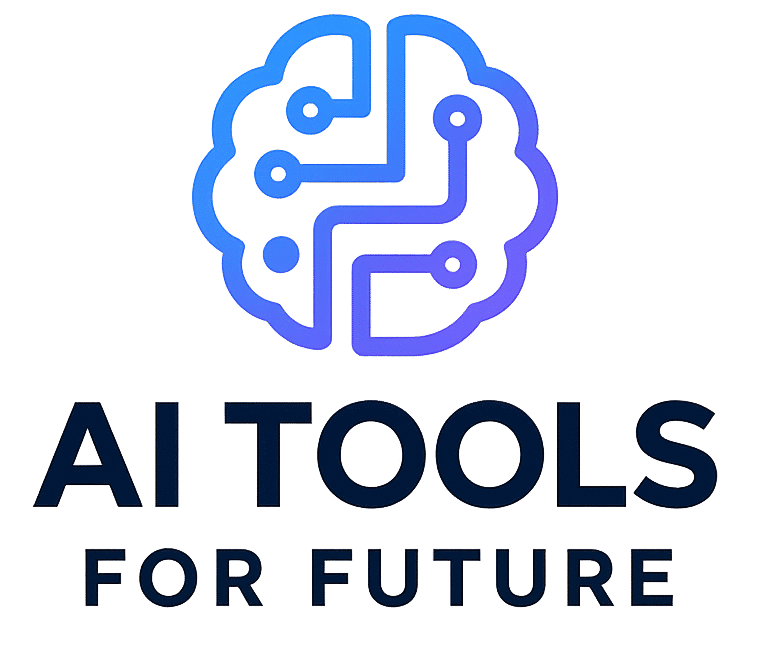Customer Service AI Agents are the foundation of any successful business in today’s hyper-connected world. Customers want fast, personalised and frictionless service delivered in the channel of their choice. However, traditional approaches, though effective in the past, are no longer effective in addressing the changing requirements. AI agents are coming up to change the game of customer service.

The Ascent of AI Agents in Customer Service
Customer Service AI Agents are more than simple chatbots and canned responses. They use natural language processing (NLP), ML, and predictive analytics to enable intelligent, human-like conversations. Unlike traditional customer support models, AI agents can be trained on interactions, respond in human-like ways based on customer interaction behaviour and the experience they are having. And nowadays, companies are using AI agents to handle everything from FAQs and transactions to solving technical problems and providing insights into solutions. This has turned customer service not only reactive, but also proactive as well as predictive.
https://aitoolsforfuture.com/agentic-ai/
Advantages of AI Agents in Customer Service
24/7 Availability
Now, customers no longer have to wait around for office hours to receive help. AI agents provide round-the-clock support, allowing companies to provide for the global consumer with ease.
Cost Efficiency
By intelligently executing repetitive work, AI agents lower the cost of operations. This frees up human agents to focus on higher-touch, more value-generating engagements.
Enhanced Personalization
AI agents rely on customer data to provide customer-specific responses. They can retrieve prior interactions, purchase history and preferences in order to make conversations more meaningful.
Faster Resolution Times
AI agents can quickly analyse queries and resolve common issues instantly.
For complex cases, they intelligently route customers to the right human agent, reducing frustration.
Scalability
During peak times, such as holiday sales, AI agents can handle thousands of queries simultaneously, a feat impossible for human teams alone.

Real-World Examples
E-commerce platforms deploy AI agents to assist with order tracking, refunds, and personalized recommendations.
Banking institutions use them for fraud detection alerts, balance inquiries, and loan application support.
Healthcare providers rely on AI agents for appointment scheduling, symptom checkers, and patient engagement.
Travel companies integrate them into booking platforms to help customers find flights, hotels, and resolve itinerary issues.
Challenges to Overcome
While AI agents offer remarkable advantages, businesses must navigate certain challenges:
– Ensuring data privacy and security to maintain customer trust.
– Maintaining a balance between automation and human empathy.
– Avoiding over-reliance on AI where nuanced human judgment is needed.
The Future of Customer Service with AI Agents
The next wave of AI agents will focus on emotional intelligence, enabling them to detect customer sentiment and respond empathetically.
They will become more predictive, anticipating issues before they arise, and seamlessly integrating with omnichannel platforms.
Ultimately, the goal is to provide customer experiences that are faster, smarter, and more human-like.
Companies adopting AI agents today are preparing for long-term success. By combining automation and the human connection, you can provide a customer experience that today’s consumer has become accustomed to, but one that they weren’t getting from just anyone.
FAQs
What are AI agents, and how do they differ from traditional chatbots?
Unlike simple chatbots that rely on a set of basic rules, AI agents are able to understand intent, preserve context and even originate actions (such as processing refunds or scheduling appointments) via natural language processing plus machine learning.
Can the artificial intelligence (AI) agents replace the human customer service team entirely?
No. And AI agents are supposed to be a complement to the human, not replace it. They take on repetitive or easy questions while human agents concentrate on complex, emotional, high value conversations.
Can AI agents be trusted with sensitive customer information?
Yes, if implemented correctly. This is a trend across leading AI platforms that adhere to strict compliance requirements (think GDPR) and leverage encryption for data security. But businesses still need to retain strong governance.
Which sectors can get the most out of AI-based customer service?
Early adopters are e-commerce, banking/finance, healthcare, travel and telecommunications. But any enterprise with a lot of customer interactions can find it handy.
What does the future of customer service AI agents look like?
“Next is greater emotional intelligence, predictive context and richer personalisation. Before long, AI agents aren’t just going to solve problems, but anticipate customer needs before they occur.




Pingback: Can AI Agents Replace Manpower? Rise of Digital Employees - AI Tools For Future
Pingback: The Executive’s Guide to AI Literacy for Executives: Why Leaders Need an AI Strategy - AI Tools For Future
Pingback: AI Tools That Can Save Businesses 20+ Hours Per Week - AI Tools For Future